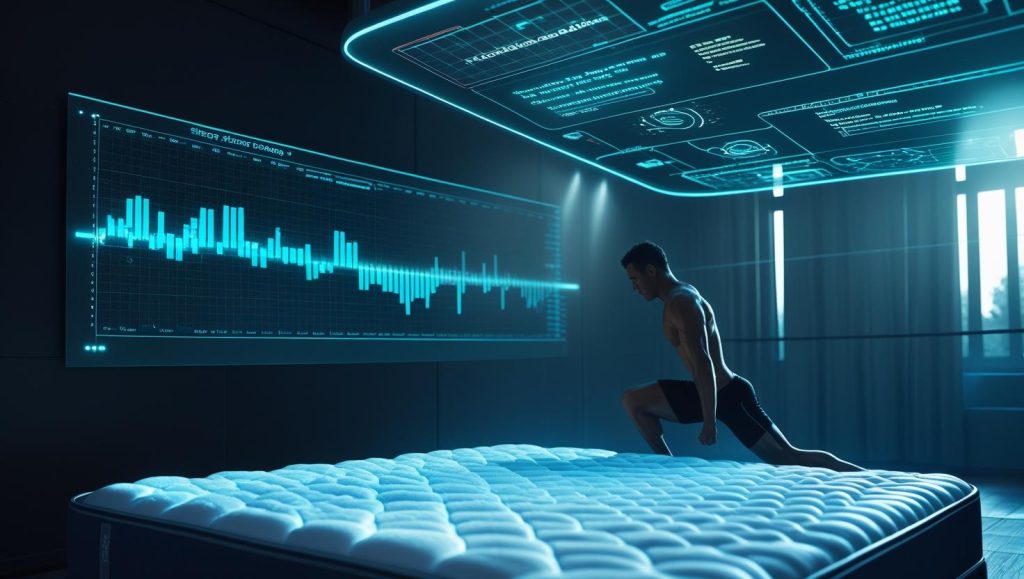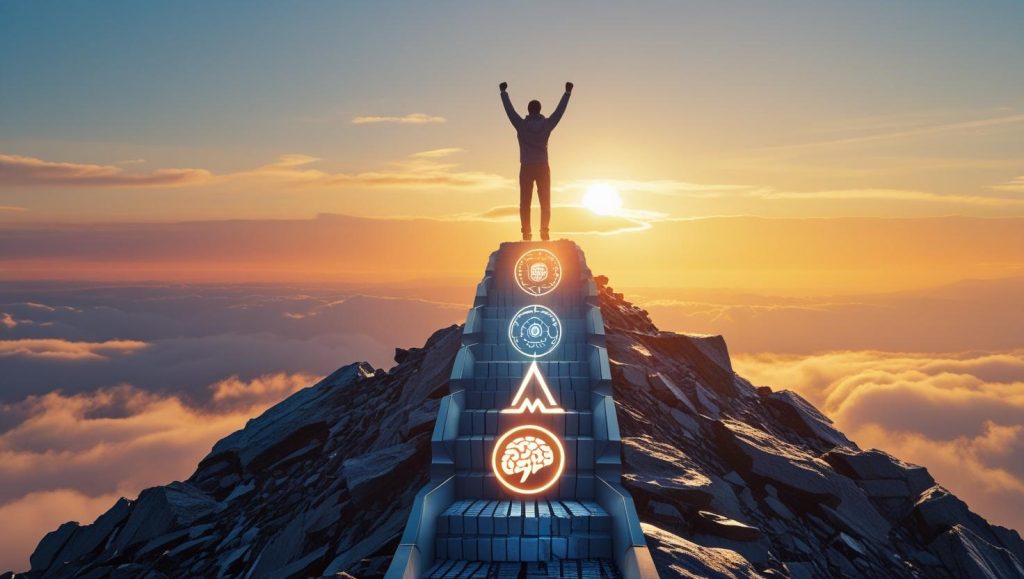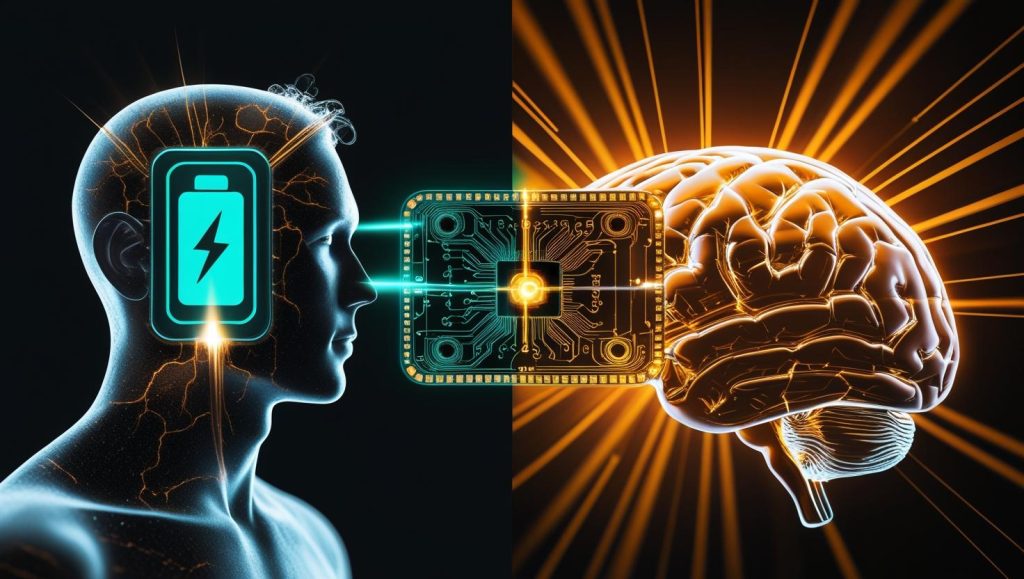If you’d told me two years ago that my best productivity hack would involve upgrading my mattress, I’d laughed. Yet today, Eight Sleep is the center of my performance stack—more impactful than apps or supplements ever were.
I was chasing focus with caffeine and hacks—and hitting a wall around 3 p.m.: sluggish thinking, shorter work sprints, second-guessing decisions. Until a friend said, “Your mattress is now part of your performance setup.” I tried Eight Sleep—and everything changed.
From poor recovery to performance engine
Before, I tracked sleep inconsistently: wrist device data that felt discouraging—short REM hours, low HRV, restless nights. I slept just enough to function—not to recharge.
Then I got Eight Sleep: a smart mattress with embedded sensors and a proprietary app. More than a gadget, it’s a neural recovery system that learns your body and adapts nightly.
How Eight Sleep actually works
- **Dynamic temperature modulation**: Ranges from 55 °F (cool) to 110 °F (warm), adapting hourly to support sleep stages.
- **Dual‑zone control** for different sleepers on the same bed.
- **Health tracking**: HRV, sleeping heart rate, breath rate, and sleep stage detection.
- **Smart coaching**: Personalized sleep fitness scores and recovery recommendations.
Behind it all is AI: tracking patterns and adjusting your environment to nudge you into deeper recovery—nightly.
My first 30 days: physical shifts, cognitive improvements
The transformation began immediately:
- Night one: fell asleep in 15 min—not 45; woke naturally without alarms.
- By week two: 12% rise in average HRV; resting heart rate fell by 5 bpm; I stopped hitting snooze.
- By week four: afternoon brain fog disappeared; deep-work windows stretched from 2 to 4 hours; bedtime felt as restful as coffee once tasted.
This wasn’t placebo—it was reproducible, measurable change.
Why the AI feedback loop matters
Eight Sleep doesn’t just log your nights—it learns. Here’s how the loop works:
- You sleep; sensors collect data (HRV, breathing, motion).
- AI analyzes disruptions and patterns.
- The temperature adjusts in real-time across sleep stages.
- Morning reports guide behavior: sleep earlier, adjust pre‑bed routines.
- The system refines itself week to week.
It’s a closed-loop system: sleep → data → adjustment → better sleep → improved performance. Over time, rest becomes not random—but calibrated.
Unexpected performance gains
Beyond rest, I noticed profound side effects:
- My evening cravings diminished—because I was truly rested.
- Deep-focus blocks expanded; task-switching dropped.
- Decisions made faster. Emotional reactivity declined.
- Mental bandwidth felt restored.
Tech consultant Tanya Li put it well: “Eight Sleep gave me back the attention I didn’t know I’d lost.”
Who should invest in Eight Sleep—and who shouldn’t
Ideal for:
- Founders, entrepreneurs, and leaders with inconsistent energy.
- Athletes or high-strain professionals tracking recovery metrics.
- Anyone tracking HRV, sleep debt, or deep sleep for performance.
Not ideal for:
- Budget shoppers—initial cost is $1,800–$2,500+ though financing helps.
- Casual sleepers prioritizing softness rather than performance.
- Users who don’t want connected data or smart-home integration.
Here’s the reality: this isn’t a bed. It’s a sub‑sleep operating system.
Tradeoffs and considerations
- Price: Significant upfront; moderate financing plans available.
- Setup: Mattress needs 30–60 min installation and app calibration.
- Integrations: Syncs with Apple Health; deeper Notion or automation tools still limited.
Still, viewed as cognitive infrastructure rather than décor, the ROI is rapid—and lasting.
How it fits your full AI-focused mental stack
Eight Sleep is the recovery pillar of your broader cognitive system. It pairs naturally with:
- Biofeedback tools like WHOOP and BioLite to build physiological consistency.
- Focus tools like RescueTime or Brain.fm to schedule and support deep-work blocks based on optimized rest.
- Habits frameworks such as Fabulous or Memo AI that rely on mental clarity and consistent energy.
In essence: your productivity begins and ends with sleep quality.
Final verdict: sleep is performance
For years we’ve chased efficiency through workflows and tech. Yet the biggest unlock was something primal—sleep. Eight Sleep turned my rest from passive into programmable, turning morning recharge into a competitive advantage.
Sleep isn’t the finish line to productivity—it’s the starting line.
With AI‑guided sleep, you’re not just resting better. You’re performing better—night after night, week after week. Because clarity is not accidental—it’s engineered.



